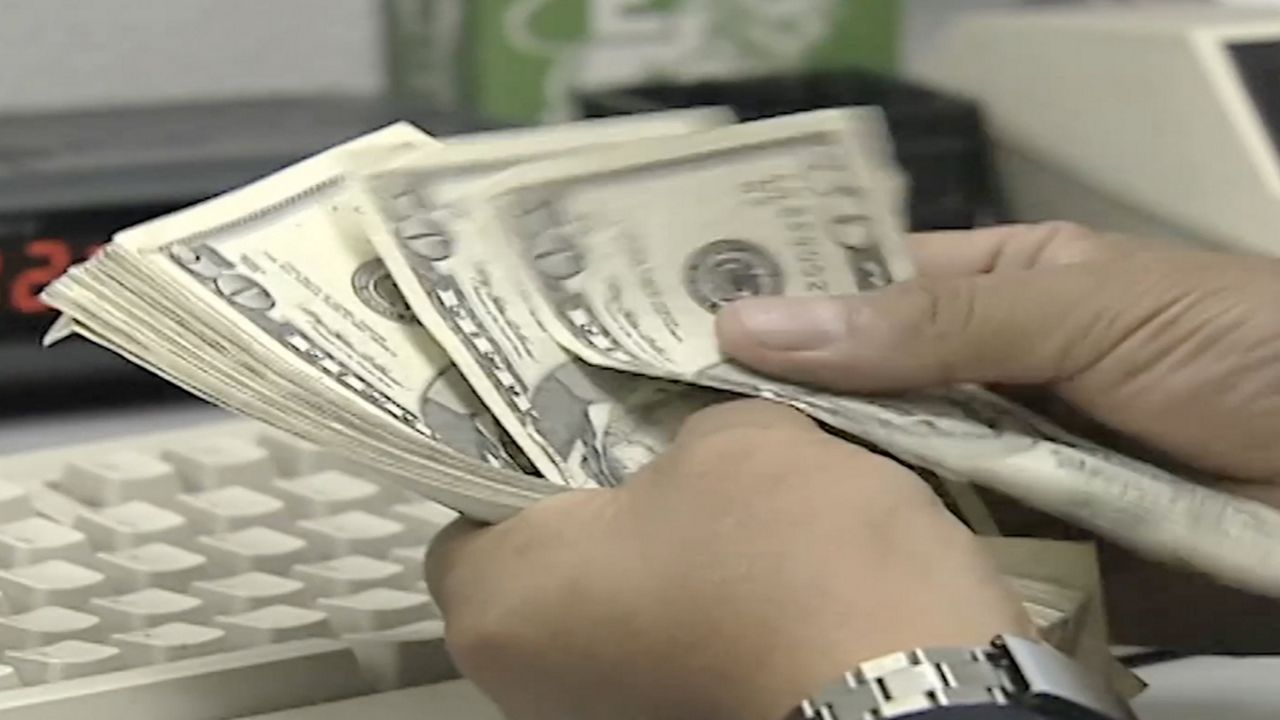LEXINGTON, Ky. — The Lexington-Fayette Urban County Council adopted a $378 million operating budget for the 2021 fiscal year, managing a projected $40 million revenue shortfall due to the coronavirus pandemic no with layoffs or furloughs for the city’s 3,000-plus employees, and no tax increases.
The 2021 budget projects a nearly 10 percent decrease, or nearly $27 million, in fees from licenses and permits due to the ongoing coronavirus pandemic.
“There is no comparison between this year and last because of the coronavirus and its impact on our revenue,” said Susan Straub, communications director for the city of Lexington.
The city will not lay off any permanent employees either but it will not fill 47 vacant positions or provide pay increases for employees unless they are included in a contract, no new positions will be created during FY21 resulting in about $7.5 million in savings.
Lexington Mayor Linda Gorton proposed making up for the shortfall by taking more than $30 million from multiple city savings accounts, including $13.6 million from a nearly $40 million economic contingency fund and more than $9 million from an $11 million reserve fund for payments into the state’s pension fund, according to the Lexington Herald-Leader.
More than $6 million to outside agencies was cut in Gorton’s original budget but most of that funding was later restored after objections from some advocates and members of council, according to the Herald-Leader.
In a previous story by Spectrum News 1 reporter Michon Lindstrom, Gorton described the budget as focusing on the “nuts and bolts” of government — focusing on public safety, garbage pickup, sewers and roads.
"While this budget plan reflects input from many people, it’s safe to say not one of us likes it,” Gorton said during her budget address. "This is a crisis budget, not much different than one in wartime.”
The more than $372 million budget takes into account an estimated $9 million loss in revenue for the current fiscal year.
“The impact of COVID-19 on city revenue has been immediate and significant,” Gorton said. “Beyond that, the rebuilding process is expected to take several years. This kind of drop is unprecedented in the history of the Urban-County Government.”
The budget does not fund things like land preservation or infrastructure improvements as a result of the loss in revenue. An additional $12.6 million is being saved through various reductions within the government, according to Lindstrom’s report.
"My team has taken a strategic approach to cutbacks; this is not a one-size-fits-all, across-the-board percentage cut across all divisions. We have tried to choose thoughtfully and carefully,” Gorton said. "For example, we’ve cut back on landscaping and mowing in Environmental Quality and Public Works; on social services; on athletics programming and pools in Parks; and on the affordable housing fund."
Public safety will still make up more than half of the budget — with funding of essential operational spending remaining the same as this past year.
Gorton’s original budget proposal cut $6 million in the funding of external agencies, including eliminating funding to the Extended Social Resource grants, which help to fund social service agencies. Direct funding for LexArts has also been suspended in the budget.
"The city will provide a grant of up to $200,000 to match funds raised by LexArts, dollar-for-dollar, after July 1,” Gorton said. "In addition to LexArts, we are suspending funding to other cultural facilities, including the History Museum and the Explorium.”
For the first time since the 1990s $13.6 million will be pulled from the Rainy Day Fund to help balance the budget, additional funding has been pulled from the Tenant Relocation Fund, the Risk Insurance Fund, the Parks Acquisition Fund and the Budget Stabilization Fund, the money set aside two years ago to help cover rising pension costs resulting in $30.2 million total.
"I recognize these are one-time monies. And I recognize that we are using one-time monies to meet recurring expenses,” Gorton said. "That’s not something we would normally do. But these are not normal times.”



